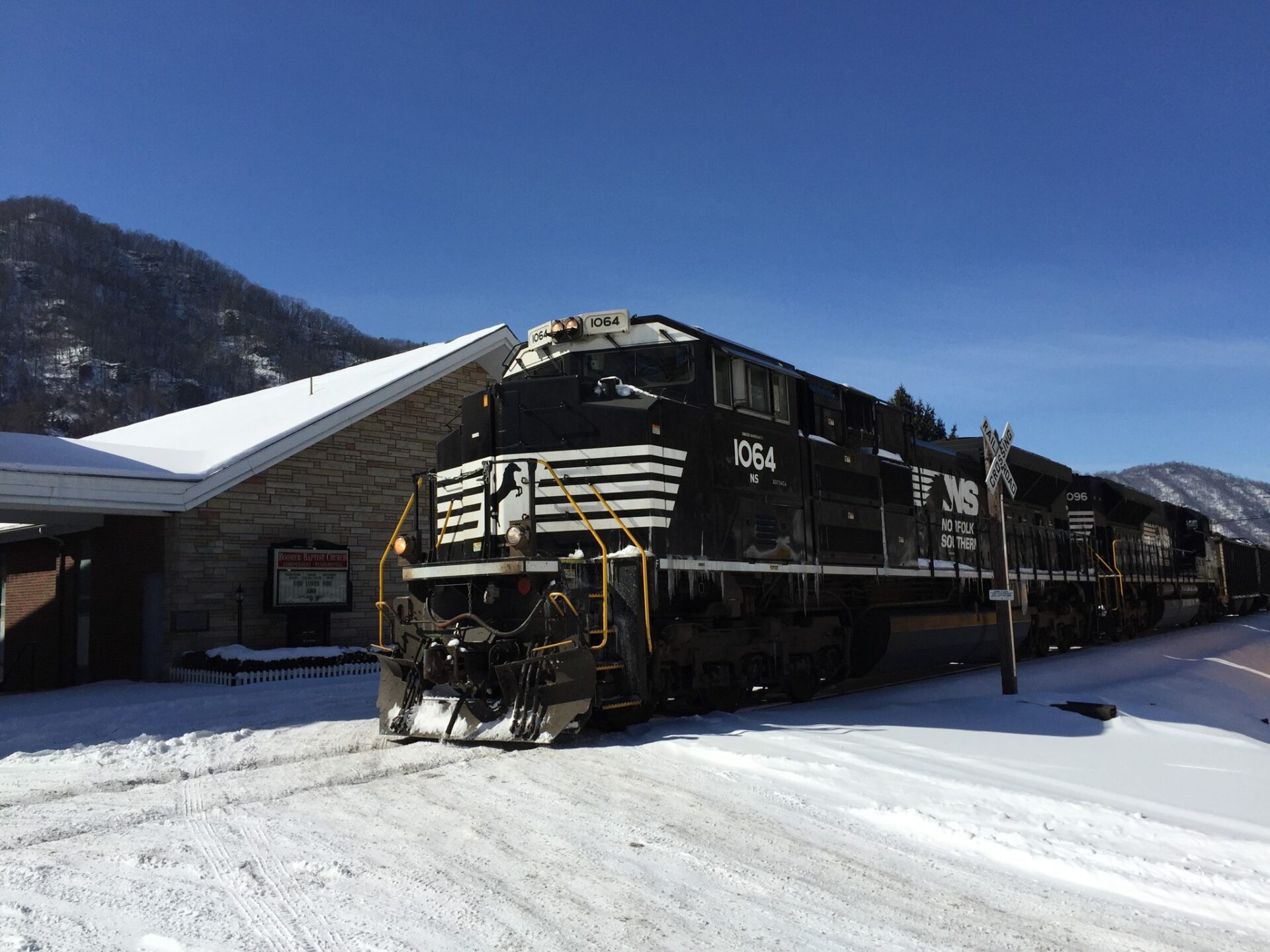The two largest railroad unions in the country, comprising a total of 57,000 workers, are set to go on strike Friday, prompting a nationwide rail shutdown and a logistics crisis. Some transit services, mostly in and around the Eastern Panhandle, could also be affected.
The two largest railroad unions in the country, comprising a total of 57,000 workers, are set to go on strike Friday, prompting a nationwide rail shutdown and a logistics crisis. Some transit services, mostly in and around the Eastern Panhandle, could also be affected.
The dispute between the railroad companies and unions is over attendance policies that punish workers from attending important appointments like doctors’ visits or family emergencies.
The Maryland Department of Transportation’s (MDOT) MARC trains run on rails owned by CSX Transportation, one of the largest railroad companies in the U.S. CSX’s Brunswick Line, which runs MARC trains from Martinsburg to Washington, D.C., could end up suspending service starting Friday.
Information provided by the MDOT to West Virginia Public Broadcasting says the agency recommends passengers find alternate travel options, with recommendations posted on their website.
Amtrak also announced long-distance commuter routes based around the Washington region would be suspended as of Thursday morning.
This includes the Capitol Limited, which runs from D.C. to Chicago and includes stops in Martinsburg and Harpers Ferry. Amtrak’s Cardinal, which stops in the New River Gorge, Charleston and Huntington, will also be affected.
These are the latest changes announced since other long-distance Amtrak suspensions were made elsewhere in the nation beginning Monday, with some services in the Northeast Corridor, where Amtrak owns the tracks, still set to continue.
